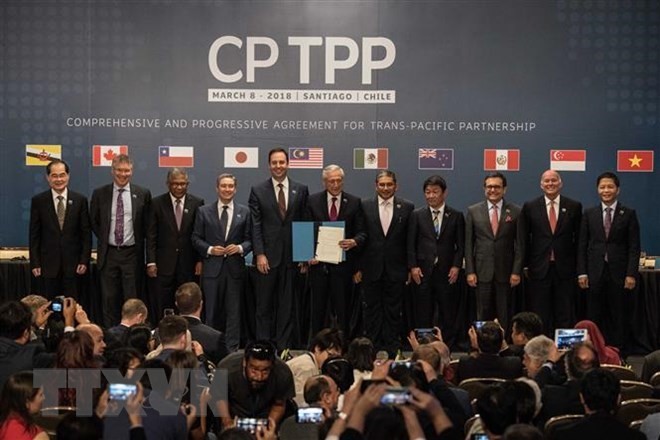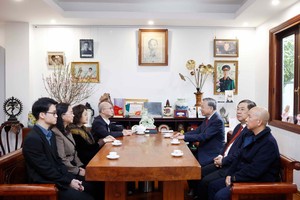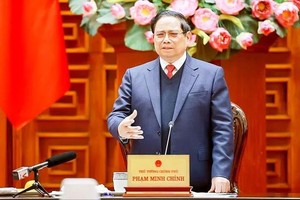
The trade deal, signed in March, is the successor to the Trans-Pacific Partnership (TPP) Agreement, a similar deal that included the US. However, President Donald Trump withdrew the US from the TPP soon after he was elected.
The CPTPP will cut tariffs on agricultural and industrial products, ease investment regulations and enhance protection of intellectual property.
The 11 member countries of CPTPP hope that the trade pact will help counter to growing protectionism.
Australia, Canada, Japan, Mexico, New Zealand and Singapore became the first six members to ratify the pact, setting the stage for its entry into force.
The CPTPP is one of the most comprehensive trade deals ever concluded and strips 98 percent of tariffs for the 11 countries with a combined GDP of more than US$13.5 trillion and close to 500 million consumers.
It is expected to promote economic growth and poverty reduction, create more jobs and improve the living condition for the people at member nations.
The trade deal was signed by 11 member states, namely Australia, Brunei, Canada, Chile, Japan, Malaysia, Mexico, New Zealand, Peru, Singapore, and Vietnam in Santiago in March 2018.
























